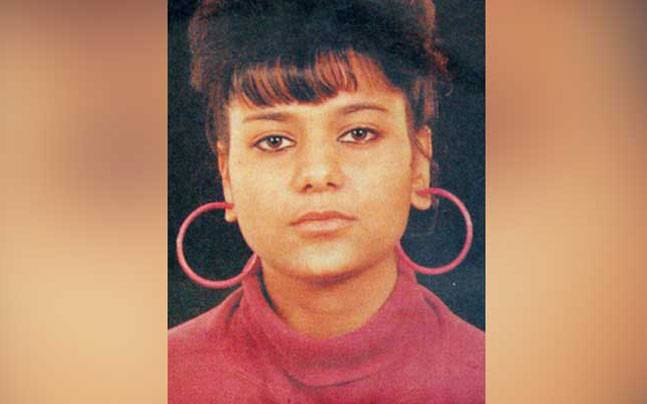The Ruchika Girhotra Case: A Landmark Moment in India's Fight for Justice




The Ruchika Girhotra case is one of the most high-profile cases of sexual harassment and abuse in India. It shook the country and sparked a wave of outrage and demand for justice. In this blog post, we will delve into the details of the case and how it changed the Indian legal system.
Ruchika Girhotra was a 14-year-old budding tennis player who was molested by SPS Rathore, the then Inspector General of Police, Haryana in 1990. Ruchika's family filed a complaint against Rathore, but instead of getting justice, they faced harassment and intimidation by the police. Rathore was influential and used his power to suppress the case. Ruchika's family was forced to leave their home and move to another city.
Ruchika's family fought a long and difficult legal battle for justice. Finally, in 2009, Rathore was convicted and sentenced to six months in prison. The verdict was a major milestone in India's fight against sexual harassment and abuse. However, the case also highlighted the flaws in the Indian legal system, which often fails to protect victims of sexual harassment and abuse.
The Ruchika Girhotra case was a wake-up call for the Indian legal system. It led to the introduction of several new laws and amendments to existing ones, aimed at protecting victims of sexual harassment and abuse. One such law was the Protection of Children from Sexual Offences (POCSO) Act, which was enacted in 2012. The act defines a child as any person below the age of 18 years and provides for harsher punishment for sexual offenses against children.
The Ruchika Girhotra case remains a landmark moment in India's fight for justice. It brought attention to the prevalence of sexual harassment and abuse in the country and spurred a movement for change. While progress has been made, there is still a long way to go in ensuring that victims of sexual harassment and abuse receive justice and support. The case serves as a reminder that we must continue to work towards a more just and equitable society.